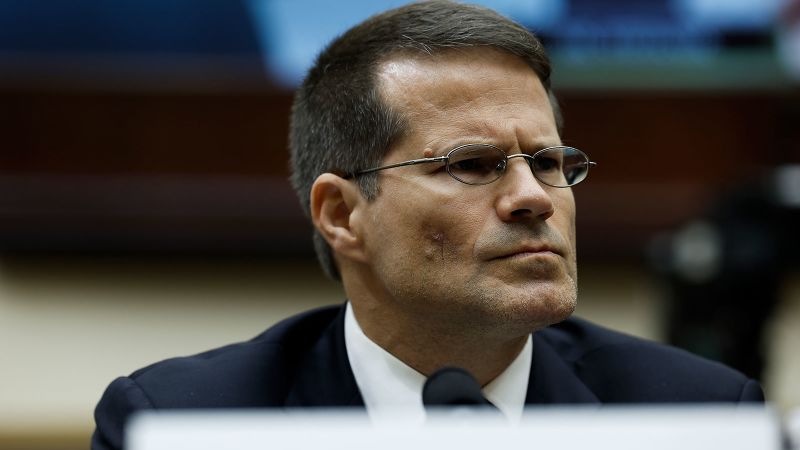The Supreme Court is set to address a crucial case that could significantly impact President Donald Trump’s ability to push forward his second-term agenda. At the core of the issue are nationwide injunctions, which enable a single judge to halt a policy across the entire country. The case revolves around Trump’s efforts to end birthright citizenship, a practice rooted in the 14th Amendment that grants citizenship to any child born on US soil, regardless of their parents’ immigration status.
The Justice Department has raised concerns about how these injunctions impede the president’s agenda, citing over 200 executive orders issued by Trump in the past four months, a record number blocked by judges. While previous presidents faced similar challenges, Trump’s situation stands out, prompting a push by him and his allies to address this issue.
Critics argue that limiting injunctions could allow potentially unconstitutional policies to remain in effect for extended periods before the Supreme Court reviews them. The case originated from challenges to Trump’s executive order on birthright citizenship, with opponents contending that the policy violates the constitution and necessitated an injunction.
The administration’s stance is that district court judges may not always accurately assess policy merits, citing instances like the transgender military ban. The outcome of this case holds significant implications for Trump’s administration and its ability to enact policy changes swiftly. With high stakes involved, both sides are gearing up for a pivotal Supreme Court hearing that could shape the future implementation of presidential agendas.

